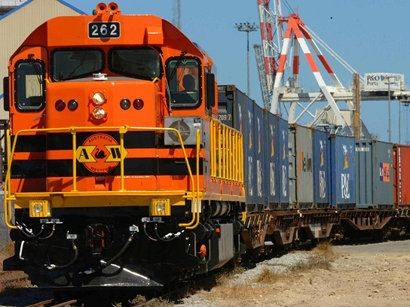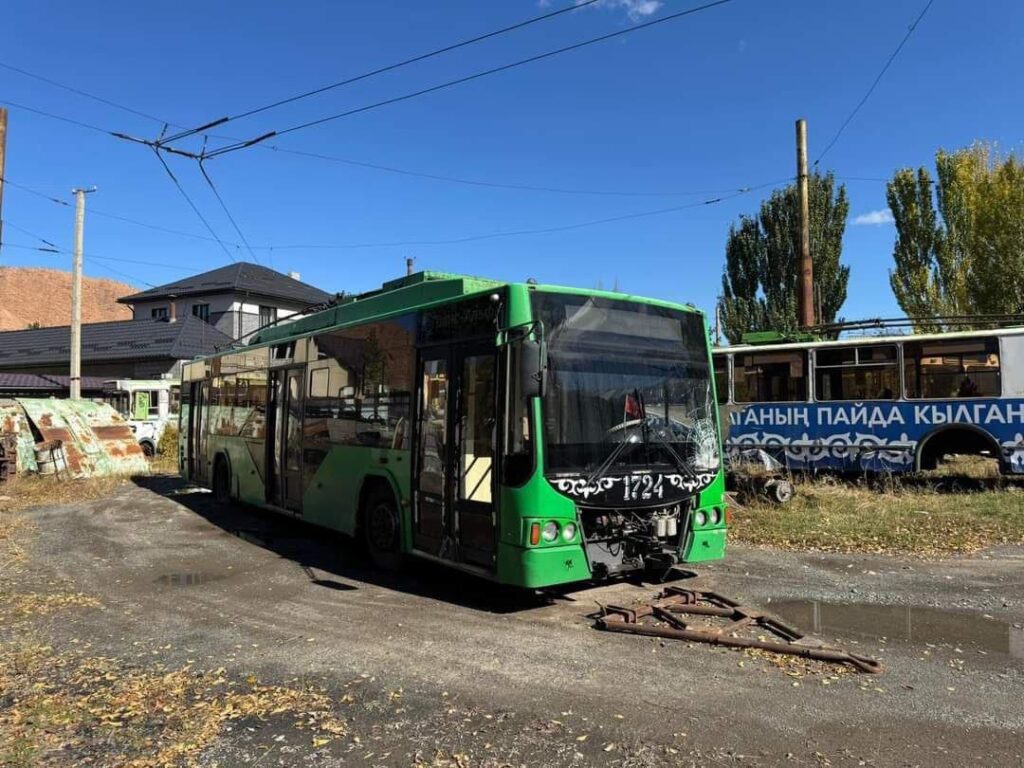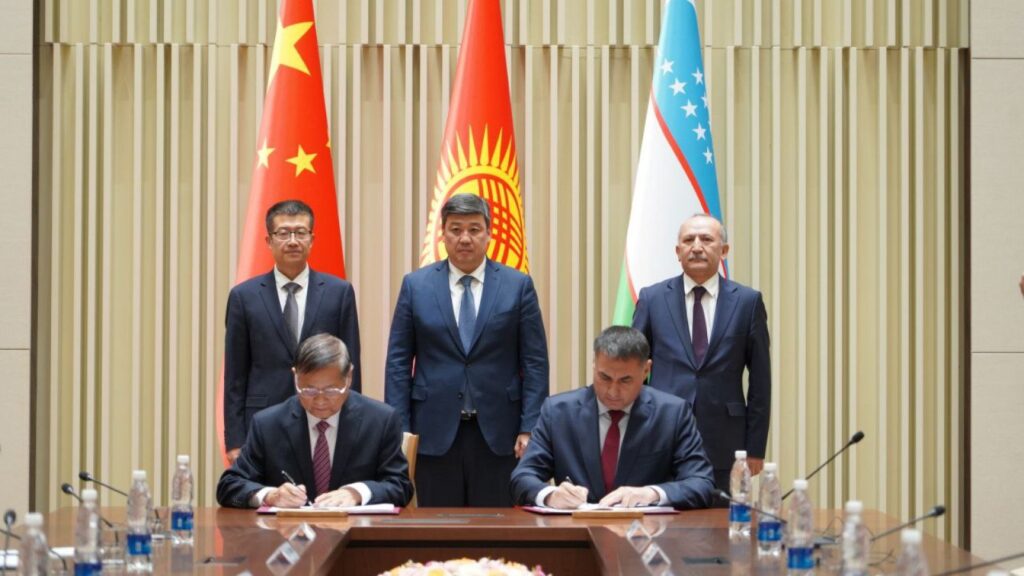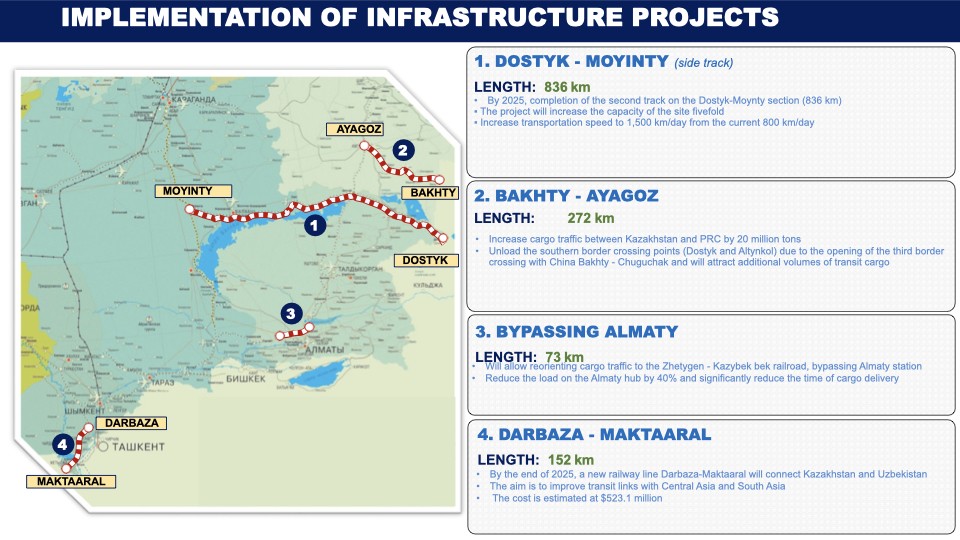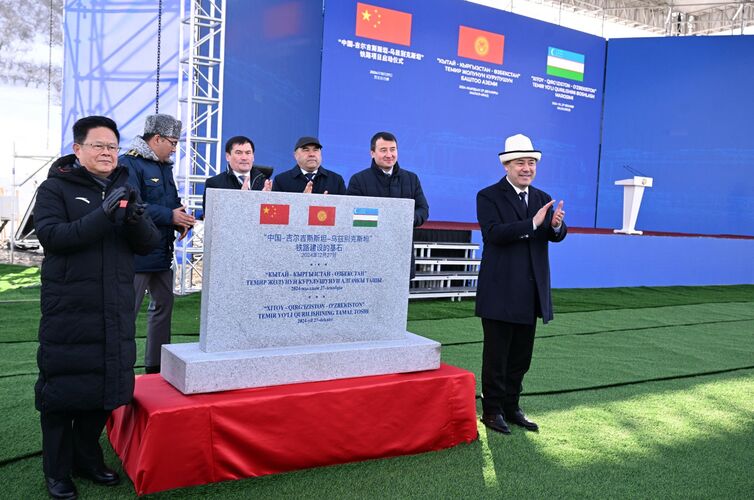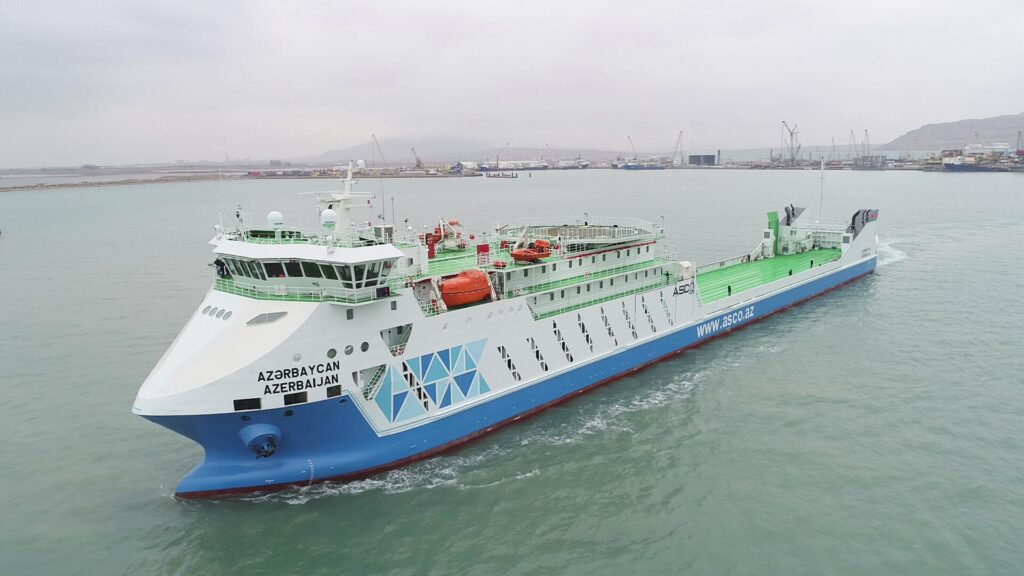ASTANA (TCA) — About 5 million tons of cargo was transported between Kazakhstan and China during the first half of 2017, a 26-percent increase on-year. It was said at a meeting of the executive director of Kazakhstan’s national railways company Kazakhstan Temir Zholy (KTZ), president of KTZ-Freight Transportation Oralkhan Kulakov and the head of the Urumqi Railway of China Shang Lijun, KTZ said on July 24.
A total of 499 container trains passed through the Alashankou-Dostyk railway crossing on the Kazakh-Chinese border and 221 container trains ran through Khorgos-Altynkol border crossing.
Expected volume of traffic for the second half of the year is about 5.7 million tons.
“The leadership of the Chinese railways pays special attention to the steady increase in rail transportation in the direction of Kazakhstan,” said Shang Lijun.
The parties agreed to take all measures to implement the agreed plan for cargo transportation between the two countries for 2017. To do it, it is necessary to improve the efficiency of transportation and ensure unobstructed passage of trains through interstate rail link posts.
The parties also considered the issue of optimizing the schedule of passenger trains and increasing passenger traffic. The successful organization of the movement of the Astana-Almaty-Urumqi (Tulpar-Talgo) and Urumqi-Altynkol (Chinese) with the transfer of passengers to the Altynkol station was noted.
The delegations familiarized with the infrastructure facilities of the border stations Altynkol (Kazakhstan) and Khorgos (China).
As a result of the negotiations, a Protocol was signed between Kazakhstan Temir Zholy and Urumqi Railways.
